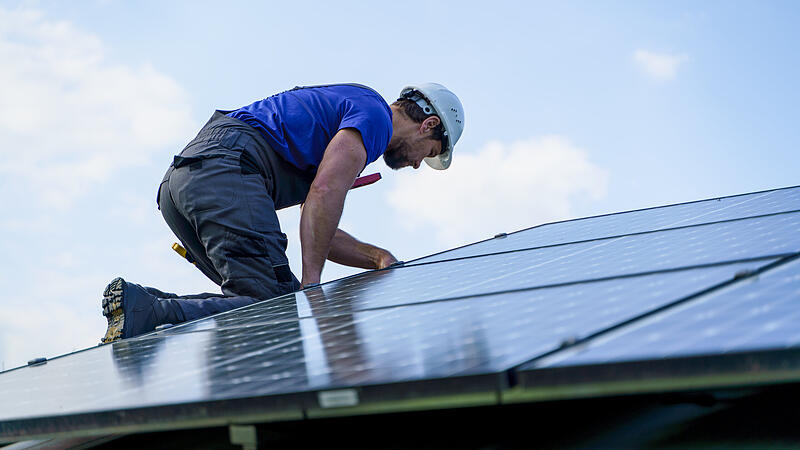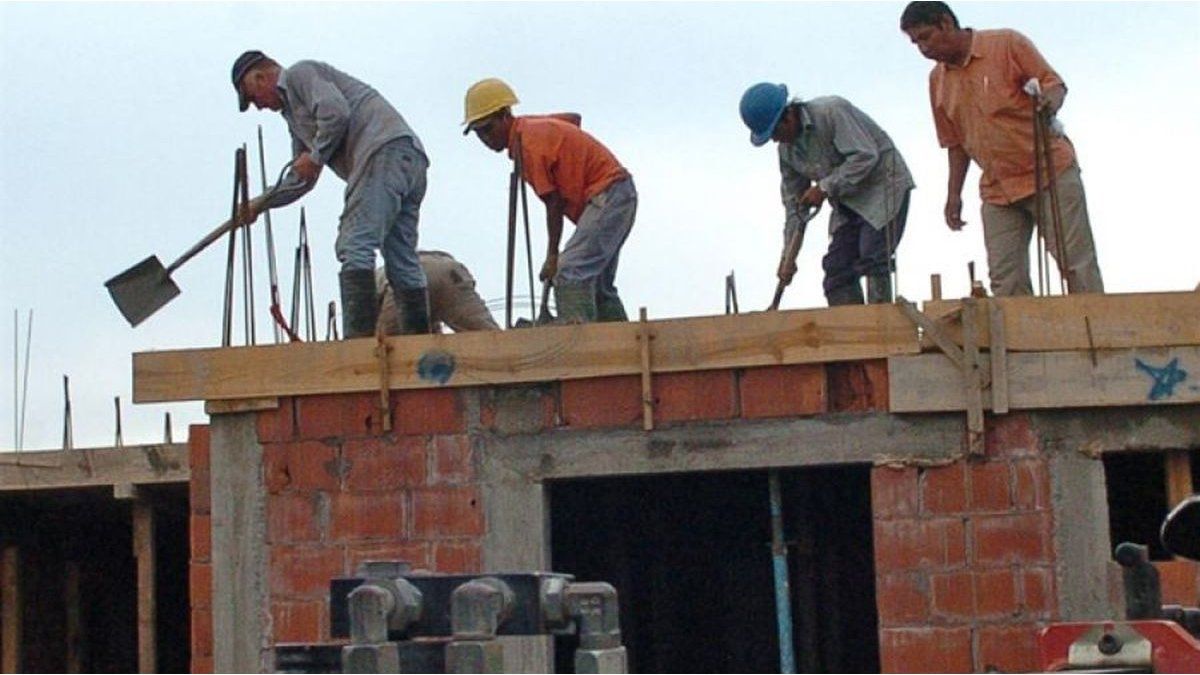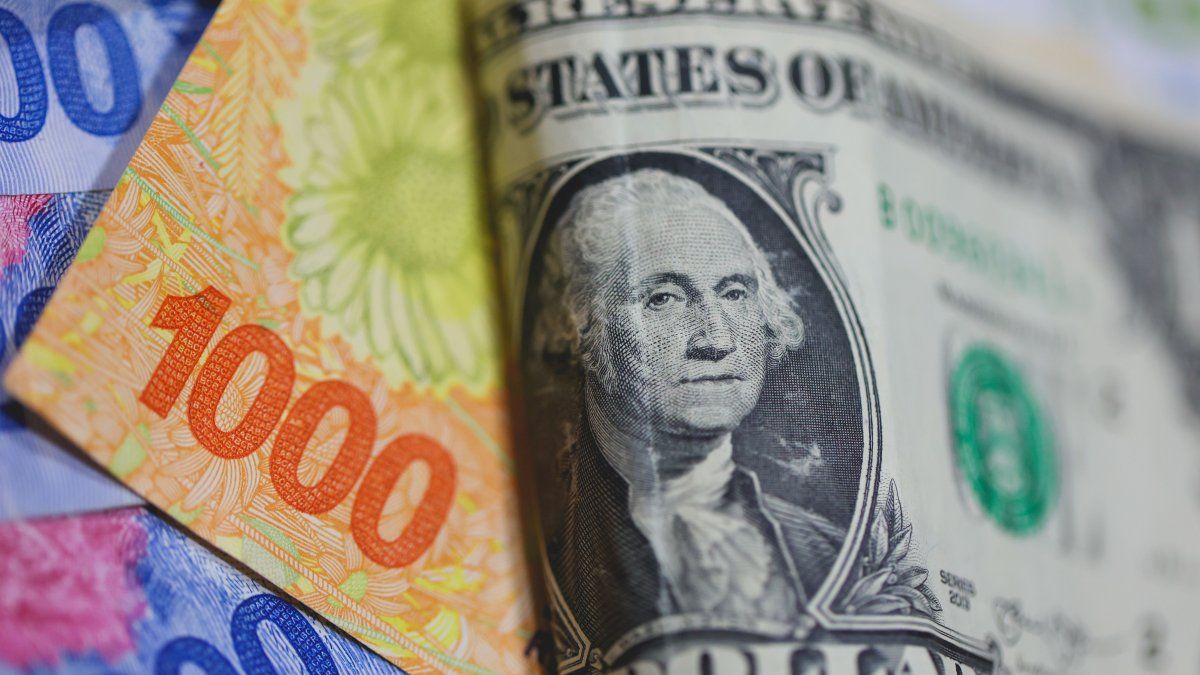Image: colourbox.de
The Austrian Energy Agency will in future monitor prices on the market for photovoltaic (PV) systems, as Climate Minister Leonore Gewessler (Greens) announced at a press conference. Since January 1st, the 20 percent sales tax has been waived for small PV systems up to 35 kilowatt peak. This means that private individuals no longer need to apply for funding.
The support for private PV systems, which was switched to a sales tax exemption at the beginning of the year, “got off to a good start,” Gewessler reported on Tuesday after a meeting with representatives of the photovoltaics industry. “By observing the market, we are now making our contribution to ensuring that the price reductions reach people.” So far there has been no reason to doubt this.
Video: Statement by Leonore Gewessler
Price developments are monitored
The price development for small PV systems should be determined, for example, by obtaining offers from installers and telephone surveys of system installers. These continuously collected market prices should be compared with a reference value in order to make unjustified cost reductions visible. The results are to be published every six months. The Federal Competition Authority (BWB) can also initiate investigations if there is suspicion that tax cuts are not being passed on.
- more on the subject: Photovoltaics: Expansion stopped in seven regions in the country
Kurt Leeb from the Federal Association of Photovoltaics Austria, himself the managing director of a PV company, spoke of a milestone: “You no longer have to apply for the funding, it is simply deducted from your invoice.” The financial benefit from the sales tax exemption for PV systems is similar to that of the last funding calls, “just easier,” is how he summarized the advantage. A photovoltaic system is definitely worth it, according to the industry representative. “Every kilowatt hour you can generate yourself halves your normal electricity costs.” In addition, it has never been so cheap to build a PV system as it is now. “We have the resources, the people and the materials in stock, the time to build a PV system has never been better,” he reiterated.
Video: Statement by Kurt Leeb
Falling feed-in tariffs
When asked about the falling feed-in tariffs for excess electricity from private PV systems, Gewessler referred to the protection against negative feed-in tariffs provided by the amendment to the Electrical Industry Act and to the fact that small PV systems can be operated most efficiently if you use the electricity yourself or in an energy community . The payback period for a small PV system is now less than ten years, added Leeb.
According to the Climate Ministry, interest in private solar power plants was higher than ever in 2023. In total, over two gigawatts of new capacity was installed last year. The volume of funding applications for PV systems regularly pushed the old funding system to its limits. Since the award was based on the “first come first serve” principle, applicants had to be quick in order to receive funding. The industry had repeatedly called for a suspension of VAT.
more from economics




